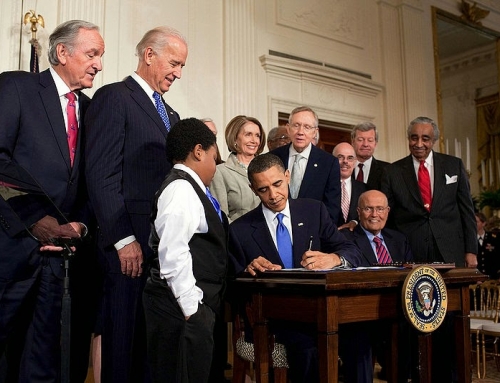The PPACA (Obamacare) passed in March, 2010 will have far reaching implications on not only your health insurance options and decisions but also on your taxes. The law contains several new taxes, one of those is the 3.8% investment income surtax. This tax has been one of the major thorns in the sides of Obamacare opponents because, as CPA Bob Keebler puts it, “It’s a tax that punishes people that have been diligent over the years and did the right thing.”
The tax kicks in on January 1st, 2013, a full year before Obamacare is implemented. It primarily affects those that congress has decided are “wealthy:” single taxpayers with MAGI (Modified Adjusted Gross Income) over $200,000 and married couples with an MAGI over $250,000. If you fall into one of these categories, you’ll pay 3.8% more in federal income tax on the lesser of your investment income or your “excess” MAGI- the amount that exceeds the $200,000 or $250,000 threshold.
There are a few ways to minimize this tax with smart investment decisions. Tax-favored investment vehicles such as annuities are something pre-retirees might want to consider, says Keebler. “If you’re working and subject to the surtax, invest the low-risk portion of your portfolio in a fixed annuity.” Since the interest you earn is sheltered from federal tax until you take it out, you want to wait until after you retire to start withdrawals. By then, your income will have dropped below the surtax threshold.
This is what’s termed a “leap-frog annuity” because, as Keebler explains, “you’re leaping over your wage years.”
“Life insurance will have a renaissance,” predicts Keebler. “All of the growth will be tax-free if [your policy] is designed correctly.” Income earned inside your account avoids tax until you withdraw it. As long as total withdrawals don’t exceed your original investment, they’re considered a tax-free return of principal.
If you think next year’s income will potentially be high enough to subject you to the surtax, you need to start adjusting your portfolio and income sources today. This is especially true for trusts. Keebler cautions that it’s critical to find a tax expert who really understands this topic.
Read more
Photo courtesy Images Money | License






Leave A Comment